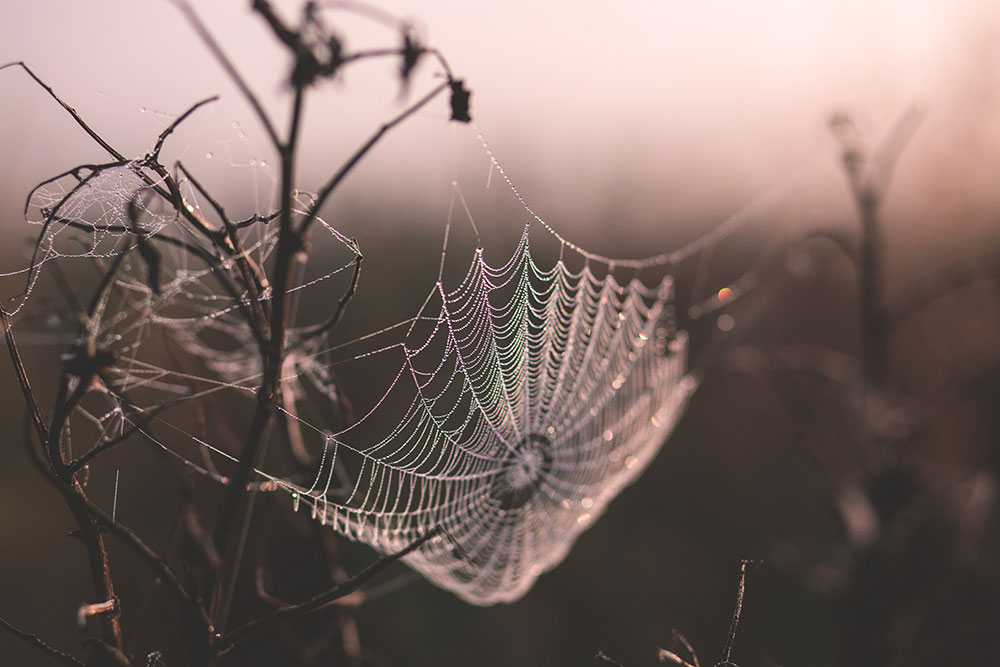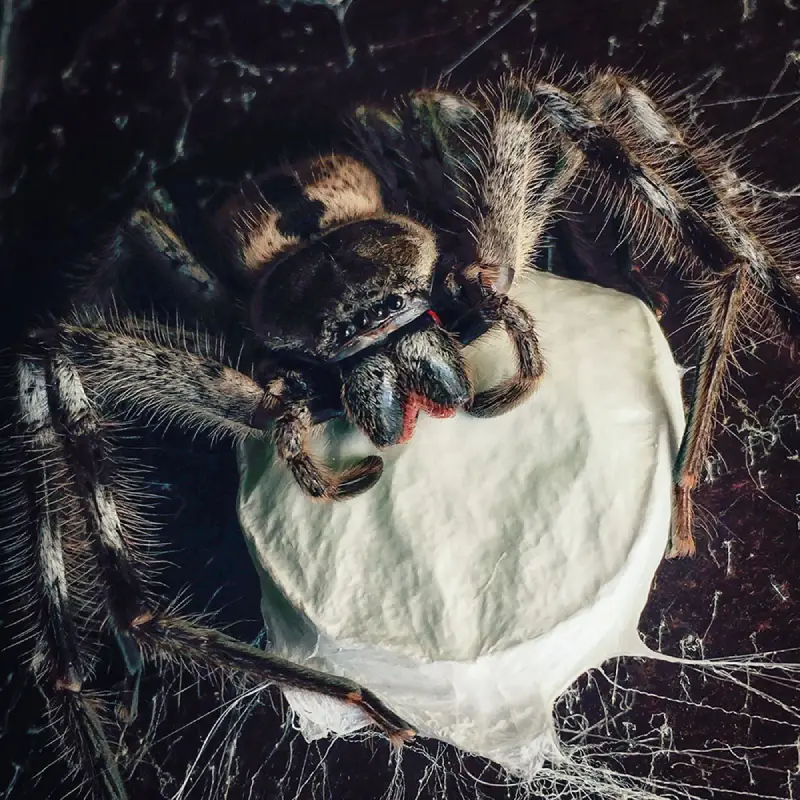Prompt, Affordable Same-Day Pest Control in Melbourne – From $129.
- Home
- Pest Treatments
- Termite Inspection & Treatment
- Ant Pest Control
- Bed Bug Treatment
- Beetle Pest Control
- Bird Proofing
- Borer Pest Control
- Cockroach Control
- Flea Treatment
- Fly Control
- Fox Trapping
- Mites Control
- Mosquito Pest Control
- Moth Control
- Possum Removal Service
- Rodent Control
- Silverfish Treatment
- Spider Control Treatment
- Wasp Control Services
- End of Lease Pest Control
- Commercial Pest Control
- Office Pest Control
- Restaurants & Cafes Pest Control
- Hospitality Pest Control
- Education Facilities Pest Control
- Hospital & Aged Care Pest Control
- Pest Control Food Industry
- Factories & Warehouses Pest Control
- Government Buildings Pest Control
- Assets & Facilities Pest Management
- Farming and Agriculture Pest Control
- Strata Pest Control
- Construction Pest Control
- Termites
- Pest Info
- Pest Inspections
- Contact
- Home
- Pest Treatments
- Termite Inspection & Treatment
- Ant Pest Control
- Bed Bug Treatment
- Beetle Pest Control
- Bird Proofing
- Borer Pest Control
- Cockroach Control
- Flea Treatment
- Fly Control
- Fox Trapping
- Mites Control
- Mosquito Pest Control
- Moth Control
- Possum Removal Service
- Rodent Control
- Silverfish Treatment
- Spider Control Treatment
- Wasp Control Services
- End of Lease Pest Control
- Commercial Pest Control
- Office Pest Control
- Restaurants & Cafes Pest Control
- Hospitality Pest Control
- Education Facilities Pest Control
- Hospital & Aged Care Pest Control
- Pest Control Food Industry
- Factories & Warehouses Pest Control
- Government Buildings Pest Control
- Assets & Facilities Pest Management
- Farming and Agriculture Pest Control
- Strata Pest Control
- Construction Pest Control
- Termites
- Pest Info
- Pest Inspections
- Contact
Home » Spider Control Melbourne
Spider Control Melbourne
Do you see spider webs and want some professional spider control for your Melbourne property?
Tom’s Pest Control Melbourne offers comprehensive spider control treatment services for Melbourne’s residential properties and commercial spaces to make their environment safe and look clean.
We offer tailored spider treatment services based on the type of spider at your property, the level of infestation, and other factors. Our treatment services also include long-term spider pest control strategies for your property.
Book Your Spider Control Services Here
Spider Species Found In Melbourne
- Wolf spiders
- White tail spiders
- Huntsman spiders
- Black house spiders
- Mouse spiders
- Redback spiders
It means that you get specific wolf spider treatment or black house spider control services, if required, based on the spider species and level of infestation.
Signs Of Spider Infestation
- Do you see spider webs in your property, in ceilings, corners, or untouched walls? They are indications of spider infestation.
- If you see bugs or insects at the property, chances are there that spiders may be living near them to prey on them.
- Regularly inspect the least accessed areas of your property as you may able to see the movements of the spider to confirm the infestation.

Risks Of Spider Infestation
- Spider bites may cause a number of health issues, including extreme pain, necrosis, respiratory issues, and more.
- Spiders and webs indicate a less-maintained property, and it may look unattractive and unwelcoming for others.
- Spiders trap other insects, which can often lead to another infestation at the property.

Spider Control Treatment
Spider Control Inspection
Spider Treatment Plan
Before beginning with the treatment, we will update the treatment plan and ensure that you are receiving a fully transparent service from us.
Wolf Spider Extermination Procedure
We use approved chemicals and insecticides to remove the spiders from your property that are safe for your children and pets to be near. The non-chemical procedures include spider traps, fumigation, and more.
Huntsman Spider Ongoing Prevention Tips
You will also find the following general techniques useful in controlling the spider population in and around your property:
- Regularly clean the floors, walls, and hidden areas of your property and clear the clutter.
- Plant trees and shrubs away from the property and regularly trim the excess leaves and branches.
- Use flyscreens on windows and weather strips on doors to control the entry of spiders.
- Inspect the property for spider infestation on a regular basis.
Why Tom’s Pest Control?
- Same/next day spider removal services
- APCA and TAFE-certified spider control technicians
- Safe, hassle-free extermination services
- Local spider extermination teams
- Upfront quotes, comprehensive prices
- Complete satisfaction guarantee

FAQs
How can I prevent spiders from entering my house?
Please turn off the outdoor lights to keep spiders away from the house because the light doesn’t draw spiders by itself. However, it does remove the pests that spiders eat. Spiders typically invade your home on purpose in quest of food. Other bugs are preferred as their diet. Since these insects are most drawn to lights, be careful to turn out any outdoor lights at a decent hour.
It would help if you smeared citrus peel over skirting boards, windowsills, and bookcases since spiders are reputed to detest all citrus odours. Use citronella candles inside and outside your home and polish furniture and cleansers with a lemon aroma.
Additionally, it would help if you smeared citrus peel over skirting boards, windowsills, and bookcases since spiders are reputed to dislike all citrus odours. Finally, use citronella candles inside and outside your home and furniture polish and cleansers with a lemon aroma.
How do I get rid of a spider infestation?
To prevent access, seal cracks in the walls, around pipes, and beneath doors. In addition, get rid of any potential hiding places around your property, such as firewood stacks, garden bags, compost piles, and general debris.
Discourage all insects by using illumination to make the flies that spiders eat less alluring. Regularly vacuum high and low, especially in protected areas like behind or under large pieces of furniture, the backs of cabinets, and worktops.
Wear rubber gloves when moving boxes and containers in dark places, such as your basement or storeroom, since spiders may have already penetrated these spaces. In addition, your danger of being bitten might be reduced with a pair of thick gloves.
Are spider treatments safe for my pets?
It should not be surprising that most of these sprays are poisonous, given that their main purpose is to kill and scare away spiders. Pyrethroids, a resin found naturally in dried chrysanthemum flowers, are used to produce several spider sprays. This chemical is combined with other compounds in modest amounts to create a pesticide that repels spiders.
The majority of spider sprays are poisonous. Pyrethroid sprays are hazardous to humans and pets, although not as toxic as some other sprays. They can induce illness, dizziness, headaches, and nausea in persons. They can also make pets ill.
If you have aquatic pets like fish, take extra precautions because they can be very harmful or even lethal.
How much do spider exterminators cost?
There is no standard cost in the pest control business for spider removal. However, it would help if you were prepared to spend between $150 and $300 to immediately get rid of a spider infestation in your house. In addition, additional services or a regular maintenance schedule may be required, depending on the seriousness of the issue.
The price of the supplies used and the time required for a skilled, licenced expert to complete the job are two factors that affect spider control services. A price that looks too good to be true certainly is.
It would help if you were cautious when buying a service that is priced notably low since the quality of the job can frequently affect the pricing of services or a lack of a warranty. For a free, no-obligation estimate or more information regarding spiders in your house, give us a call right now at (03) 9034 5957 or fill out the form on our website.
Which is the standard type of spider species in Melbourne, Australia?
Australia is home to white-tailed spiders. They frequently penetrate our homes but reside under bark, logs, and leaf litter. They are most active at night when they prowl around looking for other spiders, notably black house spiders.
Additionally, Australia is home to redbacks. However, they are less frequent in cooler areas. They frequently inhabit backyards. Funnel-web spiders are common throughout Australia’s east coast, in the highlands (from Queensland to Tasmania), and a few isolated areas in South Australia.
The majority live on the ground where they dig burrows in damp, cold, protected locations, although others live in trees. For example, mouse spiders are found all around Melbourne, Australia. Although it occasionally inhabits residential gardens, the mouse spider usually lives in underground tunnels close to streams and rivers.
How long should you stay out of a room after spraying insecticide?
After two to four hours, it is advised that you wait before entering. You should exercise caution because if you enter your house unexpectedly after the exterminator has applied the treatment, the chemicals may impact more than just your respiratory system; they may also cause injury to your skin.
Suppose attractants like papers are still present in your home after an exterminator has treated it for pests. In that case, the effectiveness of the treatment cannot be guaranteed. We all know that there will always be papers in your home, but if you don’t get rid of them or store them correctly, termites and cockroaches can still access them.
Suppose you still have papers hanging around after the treatment is finished. In that case, you should eliminate them since termites may still appear because they are attracted to the food. Remove everything, including cardboard boxes and paper bags.
How often do you need to spray for spiders?
A general pest control treatment carried out by a professional—for spiders, moths, roaches, silverfish, pill bugs (roly-polies), etc.—should be done every three months. Depending on the extent of the treatment, a significant ant infestation necessitates monthly visits for three to six months.
Early spring is the ideal time to get your property sprayed. You may eliminate nests and colonies by spraying in the spring when fewer pests are around. In addition, the procedure requires less effort, increasing its efficacy and duration.
Spiders may be easily repelled with natural products. Citrus fruits like lemons and oranges offend these eight-legged critters. They also dislike vinegar, eucalyptus, tea tree, and peppermint oils. You may prevent spiders from entering your house by using any of these.
What stops spiders from coming into the house?
Spiders are known to stay clear from vinegar since they loathe it more than cats loathe a hot bath. They will tremble when they smell vinegar of any type. Spray your home with a mixture of half a bottle of vinegar and half a bottle of water. Sprinkle it on the spider if you spot one.
Another thing that stops spiders from coming to your house is the natural spider repellents. They are simple to use. Unfortunately, citrus fruits like lemons and oranges are repulsive to these eight-legged critters. They are also allergic to peppermint, tea tree, eucalyptus, and vinegar.
Additionally, use citronella candles inside and outside your home and polish furniture and cleansers with a lemon aroma. Finally, citrus trees in your garden will deter spiders from coming close to your house.
Do electronic spider repellents work?
Yes. Spiders are repelled by ultrasonic sound. Because of this, ultrasonic pest repellents are a secure and cost-effective solution to keep spiders out of your home or business. However, once the ultrasonic devices are turned on, the ultrasonic spider repeller generates high-pitched sounds at varying frequencies that create an uncomfortable atmosphere for the spiders.
Spiders have microscopic hairs that are particularly sensitive to sound. As a result, ultrasonic insect repellers provide a safe, all-natural, non-toxic method of pest management. Ultrasonic pest repellents often referred to as electronic pest repellents, are compact electronic devices that may run on electricity, batteries, or solar power.
Spiders may detect electromagnetic transmissions outside your building after it is hooked into an electrical socket. Ultrasonic pest repellents are among the greatest ultrasonic pest control strategies due to the electromagnetic field they produce.
Do baby spiders mean infestation?
The majority of young spiders die quickly. They may struggle to locate food or are eaten by other spiders or insects. Only a small percentage survives throughout time. So, in this instance, you don’t need to be concerned about a serious spider infestation.
There are two simple techniques to determine whether you have baby spiders around. First, you have just found the spiders’ source if you discover an egg sac and see little spiders emerging from it. They look like a golf ball’s size or anything as little as a penny.
Most of the time, it is the same size as the female spider that constructed it. It comprises a silky substance that resembles cotton wool. Egg sacs are typically put in secluded, shadowy areas and fastened to objects like furniture, fixtures, pipes, ceilings, walls, or plant leaves. The web frequently envelops or covers them.
How often should I treat spiders?
Spraying them with water every 5-7 days is the best technique to deal with a spider infestation. You can use a spray bottle of water on smaller plants to achieve this. For bigger plants, you may take them to the sink or shower and spray them off there. Keeping a careful check on your houseplants is another excellent strategy to avoid pests on indoor plants.
You may spot insect infestations early, so you can deal with them by closely checking them frequently, perhaps once a week. Spraying spiders with water every 5-7 days is the most effective technique to treat an infestation. On smaller plants, you can do this using a spray bottle of water.
Monitoring your indoor plants is another excellent strategy to avoid pest problems. You can spot any pest infestations early, so you may act by closely checking them regularly, around once per week. Contact Tom’s Pest Control Melbourne for serious spider infestation issues.

